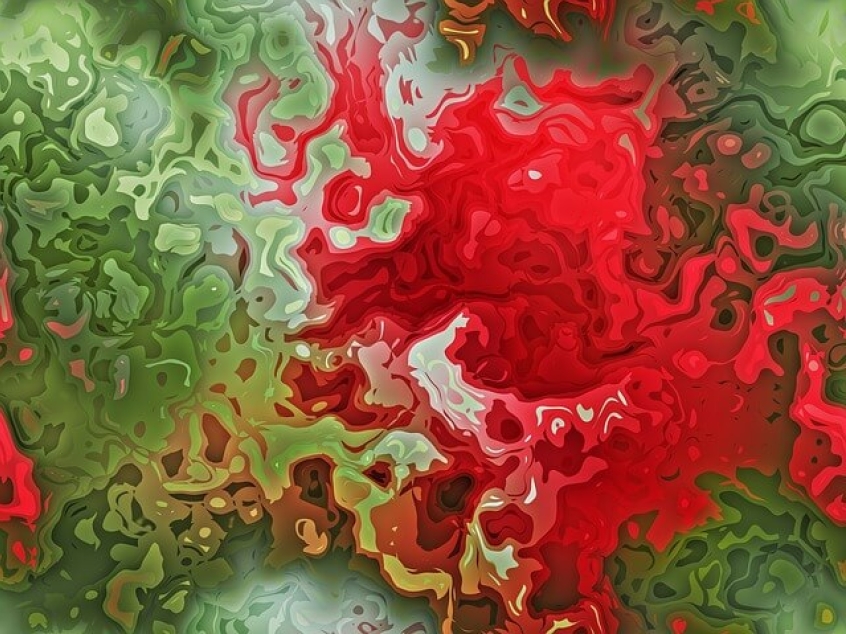
Brain studies have revealed that there exists a connection between brain folds and hallucinations among schizophrenia patients.
The study, the findings of which can be found in the journal Nature Communications, was led by the University of Cambridge researchers who worked with those from Durham University, Macquarie University, and Trinity College Dublin, the University of Cambridge press release stated.
The researchers found that the length of the brain fold, known as the paracingulate sulcus (PCS), is linked to an increased risk of hallucinations in those who suffer from schizophrenia.
A previous study done by researchers from Cambridge found that different lengths of the PCS among healthy people was linked to a process known as reality monitoring, or the person's ability to differentiate reality and imagination.
Lead researcher Dr. Jon Simons wanted to carry out another investigation of the PCS, but this time focusing on how it plays a role in schizophrenic patients.
For the study, Simons and the team of researchers used data taken from the Australian Schizophrenia Research Bank, according to BBC News, to analyze 153 brain scans, of which 113 were from people diagnosed with schizophrenia and 40 from healthy individuals who served as the control group.
The researchers specifically found that if the length of the fold is one centimeter shorter than the average, a person's risk of hallucinating is increased by 20 percent. They also observed that it tends to happen regardless of nature — visual or auditory — of the hallucinations.
"Schizophrenia is a complex spectrum of conditions that is associated with many differences throughout the brain, so it can be difficult to make specific links between brain areas and the symptoms that are often observed," Simons explained in the press release.
He added that analyzing brain scans from individuals with the mental disorder, who have or don't have hallucinations, led the team to pinpoint that specific region in the brain that may be linked to a "key symptom of the disorder."
Researchers believe that the latest findings would soon help in the early detection of the mental disorder, BBC noted.













